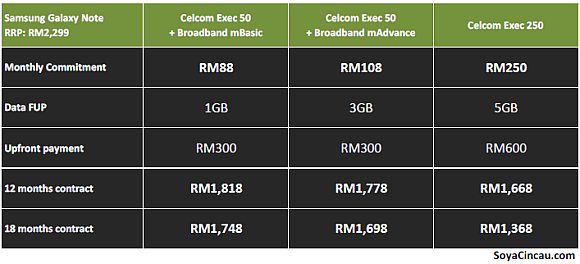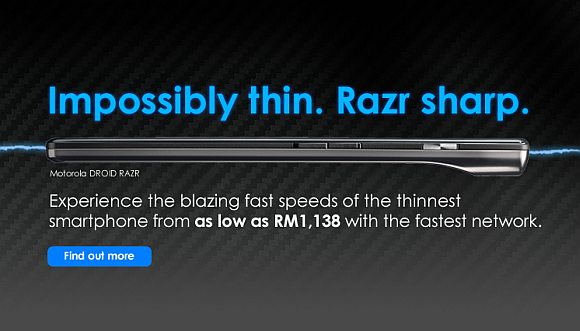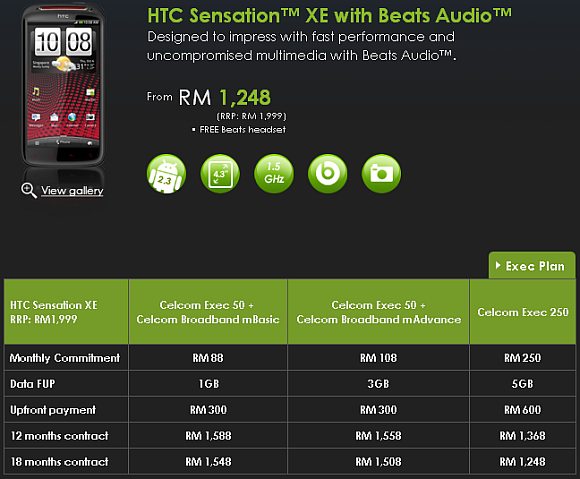
Road accidents occurs everyday and we never know when is our time. Those who have been experienced road accidents might know what do’s and dont’s when such thing happen. You may be a meticulously careful motorist who has never needed to make a claim, but it pays to have an umbrella ready in case it rains, doesn’t it?
Type of Motor Insurance
Motor insurance are compulsory if you buy a motor vehicle, there are many type of motor insurance available, however, the common types are:
| Type of Motor Insurance | |
| Third party cover | This policy insures you against claims for bodily injuries or deaths caused to other persons (known as the third party), as well as loss or damage to third party property caused by your vehicle. |
| Third party, fire and theft cover | This policy provides insurance against claims for third party bodily injury and death, third party property loss or damage, and loss or damage to your own vehicle due to accidental fire or theft. |
| Comprehensive cover | This policy provides the widest coverage, i.e. third party bodily injury and death, third party property loss or damage and loss or damage to your own vehicle due to accidental fire, theft or an accident. |
In this post, we share some info what you need to do if an accident occurs, in order to protect yourself. Firstly, you must stop your vehicle and exchange particulars with all the other people involved in the accident.
What you should do in the event of an accident/loss
- Take notes of the accident – If you are involved in a motor accident, take notes of the accident, i.e. the names and addresses of all drivers and passengers involved, vehicle registration numbers, make and model of each vehicle involved, the drivers’ licence numbers and insurance identification as well as the names and addresses of as many witnesses as possible
- Make a police report – You are required by law to lodge a police report within 24 hours of a road accident.
- Notify your insurance company – You must notify your insurance company in writing with full details as soon as possible. Depending on the type of claim you intend to make, you may have to notify other insurance companies (please refer to ‘ Making a claim against an insurance company’ for details). If you fail to report the accident, you will be liable for your own loss as well as any third party claim against you.
- Select the workshop – You must send your damaged vehicle to a workshop approved by your insurance company. If the accident occurs during office hours, you may call the hotline/ emergency assistance numbers provided by your insurance company. Otherwise, you may call your insurance company for the nearest approved workshop. Should the accident occur outside office hours and you are making a claim against your policy, i.e. an own damage claim, you should ensure that your vehicle is towed to a workshop approved under the Persatuan Insuran Am Malaysia Approved Repairers Scheme [called a PIAM Approved Repairers Scheme (PARS)]. If you are making a third party claim, it is advisable to also send your vehicle to a PARS workshop.
Making a claim against an insurance company Accident claims
When you are involved in an accident, you may either make an own damage claim or a third party claim for the breakdown cover :
Own damage claim
- This refers to making a claim on your own insurance policy, i.e. you have a comprehensive policy. However, you will lose your NCD entitlement.
- In notifying your insurance company of the accident, enquire about the names of approved workshops to send your vehicle for repair.
- Submit the fully completed Motor Accident Report Form together with all supporting documents as soon as possible to your insurance company.
- The workshop will commence repairs on your vehicle upon the approval of your insurance company.
- Upon completion of repairs, you will be informed by the workshop to collect your vehicle.
Third party claim
- You may make a third party claim if you are not the party at fault in the accident and you can retain your NCD entitlement.
- There are two ways of making a third party claim, i.e. submit the claim directly to the insurance company of the party at fault or, if you have a comprehensive policy, submit the claim to your insurance company. You are encouraged to submit your claim to your own insurance company for speedier claims processing.
- As the third party claimant, you are required to mitigate your loss i.e. you must act to minimise your loss.
- Appoint a licensed adjuster to assess the loss. The workshop or the third party insurance company may advise you on this.
- Submit the adjuster’s report and the fully completed Motor Accident Report Form together with all supporting documents as soon as possible.
- You are eligible to claim from the third party insurance company for `compensation for actual repair time’ (CART) and compensation of excess. For the actual repair time of your vehicle, this is based on the adjuster’s recommendation on the number of days required for your car to be repaired. Insurance companies, at their own discretion, may allow an additional seven working days for any unforeseen or unavoidable delay. A standard scale of daily CART has been specified by the PIAM as follows:–
| Type | CART/Day |
| Private Use Vehicle | |
| Up to 1500cc | RM30 |
| Above 1500cc – 2000cc | RM40 |
| Above 2000cc | RM50 |
| Commercial Vehicle | |
| Up to 1 ton | RM40 |
| Above 1 – 2 tons | RM60 |
| Above 2 tons | RM90 |
| Trailer Lorries | RM120 |
| Buses (Private) | RM90 |
| Other buses (stages/express) | RM180 |
| Taxi/ Hire & drive | RM40 |
| Motorcycles | |
| Up to 250cc | RM10 |
| Above 250cc | RM15 |
Alternatively, you may also claim the cost of hiring a replacement vehicle of equivalent type and capacity for the recommended number of days of actual repair time as evidenced by a receipt from a licensed car rental company.
Theft claims
- After submission of the claim form, you must cooperate fully with your insurance company or its representative during the course of investigation of the theft claim.
- In view that the police and your insurance company will require time to investigate your claim, you will receive the offer of settlement from your insurance company within six months from the theft notification or upon completion of police investigations, whichever is earlier
Principle of indemnity
The principle of indemnity is crucial in insurance. Based on this principle, the insurance cover will compensate your loss by putting you back to the same position you were in immediately before the loss. As you will be compensated only for the loss suffered, you cannot ‘profit’ from a motor insurance claim. Therefore, if your vehicle is more than five years old, betterment will apply.
Betterment occurs when in the course of repairing an accident-damaged vehicle, an old part is replaced with a new franchise part. In line with the principle of indemnity, you will have to bear the difference in costs as you are in a better position after the accident with the new franchise part. However, the application of betterment is at the discretion of your insurance company. Should your insurance company apply betterment, it will be in accordance with the standard scale of betterment adopted by the industry as follows :
| Age of Vehicles / Years | Max Rate (%) |
| Less than 5 years | 0 |
| 5 years | 15 |
| 6 years | 20 |
| 7 years | 25 |
| 8 years | 30 |
| 9 years | 35 |
| 10 years and above | 40 |








 The stock wireless router provided by UNIFI is an all-in-one device with VLAN, routing, firewall and wireless broadcast functions.
The stock wireless router provided by UNIFI is an all-in-one device with VLAN, routing, firewall and wireless broadcast functions. TP-Link’s TL-SL2210WEB is a favourite component deployed by many UNIFI subscribers in their quest for better networking performance and equipment.
TP-Link’s TL-SL2210WEB is a favourite component deployed by many UNIFI subscribers in their quest for better networking performance and equipment.
















